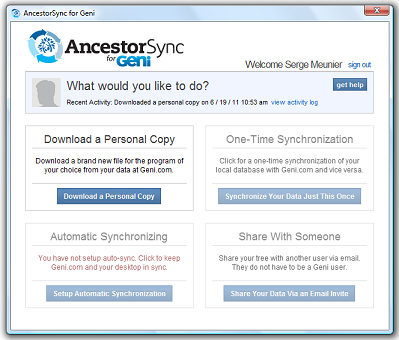Over the last several months I have been writing a lot about things that I find rather strange or unusual about the Netherlands and the Dutch people based on my experiences living here in the Netherlands. One of the things about being a stranger in a strange land, is that as much as there are many things I find strange here, I have also come to realise that I, myself, having grown up in South Africa, have many things about me that appear strange to the rest of the world.
So, after looking outwards at the world around me, here follows the first part of me looking inwards toward myself, and what better topic to begin on than South African English.
South African English is my mother tongue, and it has some quirky differences to the more generally known dialects.
Lets start with our accent. I have met very few people in the Netherlands who correctly guess where I am from based on my accent. Curiously, many people immediately think that I am American, which I find a bit strange, since the majority of the Dutch I have met speak English with a distinct American accent, and the South African accent is nowhere near the American accent, so I have no idea where they get that from.
The Americans, on the other hand, tend to have no idea where to place my accent, sometimes thinking I am British or Australian, while the Brits tend to be fairly good at placing my accent – probably due to the thousands of South Africans that call the UK home.
There are huge differences within the accent as well. Region plays a fair role, so Capetonians, Durbanites and Johannesburgers tend to speak differently, but the speakers home language plays a far greater role. South Africa has a wealth of languages, and each language group – Indigenous, Afrikaans and English native tongue speakers speak English with vastly different accents.
The South African accent is apparently very difficult for foreigners to imitate with any degree of accuracy, and I must say that I have very seldom heard a good South African English accent in a Hollywood movie.
Now let’s look at vocabulary. South African English borrows extensively from both American and British English for words, as well as from the other South African languages.
So, for example, we use the American word truck for what the Brits call a lorry, while we use the British boot (of a car) while the Americans use trunk.
Pure South Africanisms though include words like lekker (nice), takkies (sneakers), braai (barbeque), bru (brother). There are many more you can find here at this link. I often tend to use these words without thinking that noone else has a clue what I am on about.
Now that you might be able to understand me better, my job is done…
